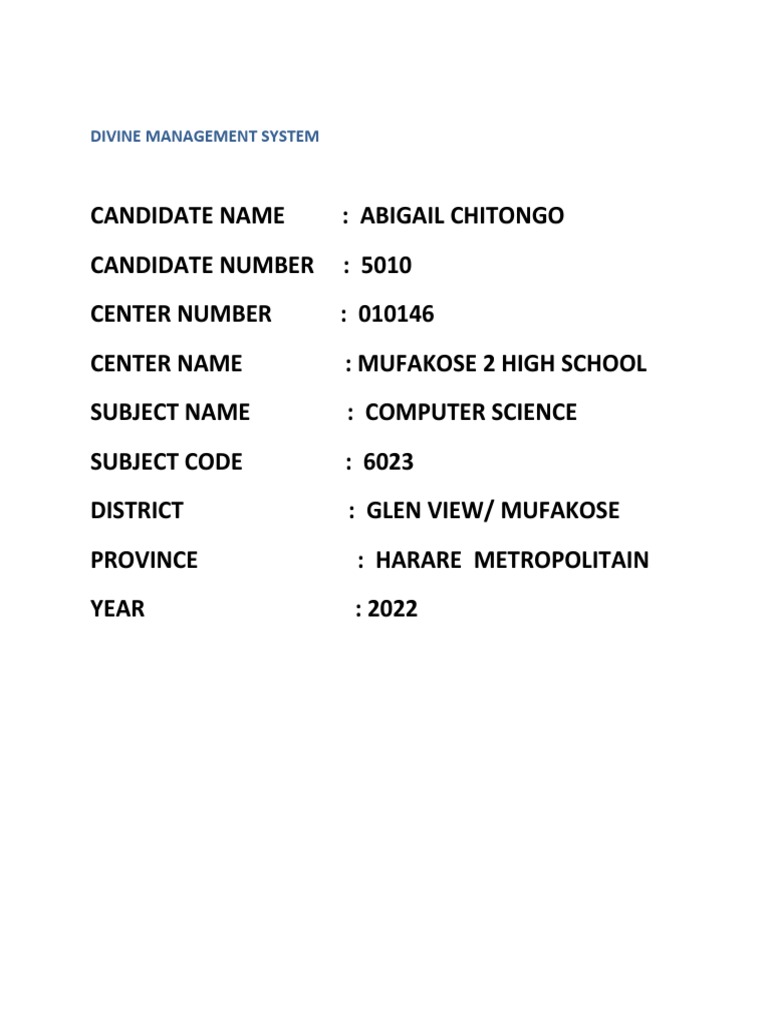Throughout history, political leaders have wielded tremendous influence, capturing the fascination of the masses, given their roles in shaping cultures, societies, and destinies. Within the framework of Bahá’í teachings, the notion of ‘Divine Policy’ emerges as a compelling paradigm that redefines the expectations of politicians. The inquiry into this concept invites us to contemplate both the responsibilities bestowed upon leaders and the spiritual augmentation necessary for their roles. This exploration juxtaposes traditional political engagement with a spiritual path, thereby unveiling the intricate interplay between governance and morality.
A fundamental tenet of Bahá’í belief is the unity of humanity, which naturally embeds itself within discussions regarding governance and leadership. Politicians are not merely individuals executing policies; they are custodians of collective will, tasked with the stewardship of society’s spiritual and material well-being. This realization engenders a deeper understanding of the political landscape—one that signifies the need for a moral compass guided by divine principles. In contemporary political discourse, this recognition is often overlooked, leading to a fragmented approach to leadership that neglects the spiritual dimension. This oversight prompts a growing curiosity about how such a holistic view can transform societies.
The Bahá’í teachings underscore that the quintessential role of a politician transcends conventional expectations of authority and decision-making. To elucidate this notion, it is critical to examine the attributes that Bahá’í texts ascribe to effective leaders. Central to these attributes is the principle of justice—an imperative that politicians must embody if they are to serve as instruments of divine policy. Justice is the bedrock upon which all sound governance stands. Without it, society teeters on the precipice of inequity and strife. Consequently, Bahá’í doctrines advocate for a justice-oriented leadership that resonates with the aspirations of the governed, in stark contrast to the often-transactional nature of modern political engagements.
Another salient attribute is the principle of consultation, envisioned as a mechanism for collective decision-making. Contrary to autocratic modes of governance, where power is concentrated and dissent stifled, Bahá’í wisdom posits that leaders should be facilitators of dialogue and inclusive engagement. By fostering an environment of consultation, politicians can draw upon the diverse insights and experiences of their constituents, thereby enriching the decision-making process and aligning policies with the collective conscience of society. This collaborative ethos reinforces the interdependence of individuals, igniting a spirit of unity that stands against the current divisive climate often witnessed in political arenas.
Furthermore, the Bahá’í view of the politician is inherently aspirational, calling for a transcendent perspective that integrates both the material and spiritual aspects of existence. Politicians, therefore, must be seen as spiritual beings acting within the temporal realm. Their governance is not merely an exercise in power, but rather, a sacred responsibility to uplift humanity. This perspective encourages politicians to adopt a long-term vision—one that prioritizes the well-being of future generations over immediate gains. By intertwining political action with a spiritual path, these leaders can profoundly influence the evolution of society.
In addition, the notion of character plays a vital role in the Bahá’í understanding of effective leadership. Integrity, humility, and selflessness are qualities that shape the essence of a true leader. Politicians are, inevitably, subjected to scrutiny, and their ability to navigate through the trials of office is contingent upon the strength of their character. A leader’s personal virtues not only inform their decision-making but also set a precedent for societal values. In this light, the Bahá’í teachings advocate that the cultivation of personal virtues should take precedence over the mere pursuit of political power. In essence, the authenticity and moral fortitude of a politician are paramount in establishing legitimacy and garnering public trust.
Moreover, Bahá’í teachings assert that the evolution of governance must mirror the spiritual evolution of humanity. The shift from tribalistic forms of leadership toward inclusive, global governance frameworks aligns with the universal principles espoused in Bahá’í writings. This evolution is particularly poignant when examining global issues, such as climate change, socioeconomic disparities, and human rights violations. Traditional political frameworks often falter when faced with such complexities; therefore, a spiritually-infused governance paradigm offers new pathways for resolution. The urgent call for integrative approaches is resonant within Bahá’í discourse, encouraging politicians to adopt solutions rooted in collective responsibility and a reverence for the interconnectedness of all life.
This spiritual path necessitates that political leaders engage in a continual process of self-reflection and growth. The dynamic practice of introspection allows for the alignment of individual aspirations with communal aspirations, fostering a congruity that is essential for genuine leadership. By committing to personal and spiritual development, politicians can emanate authenticity and depth that enriches their public service. Indeed, the Bahá’í framework imbues the act of governance with profound purpose, emphasizing that true leadership is predicated upon service to humanity at large.
In summary, the Bahá’í perspective on Divine Policy enriches our understanding of the role of politicians in contemporary society. It compels us to scrutinize the intersection of governance and spirituality, advocating for a holistic approach characterized by justice, consultation, and moral integrity. As society grapples with complex challenges, the integration of these principles into political practice becomes not just desirable, but essential. Politicians, as vessels of divine policy, are beckoned to embrace a path that harmonizes earthly governance with spiritual elevation, ultimately forging a brighter future for humankind.
